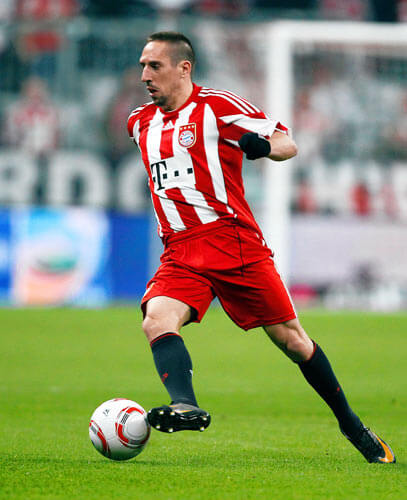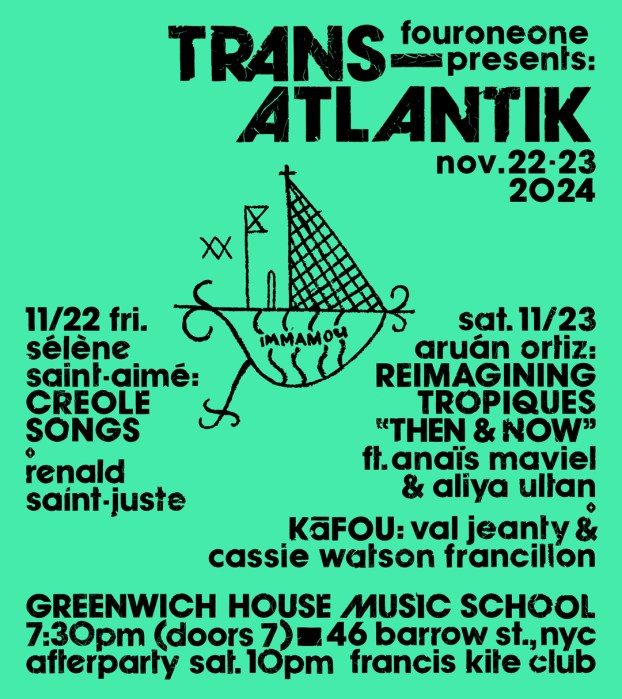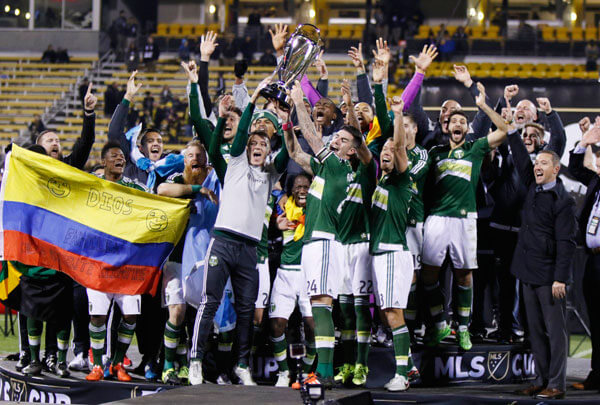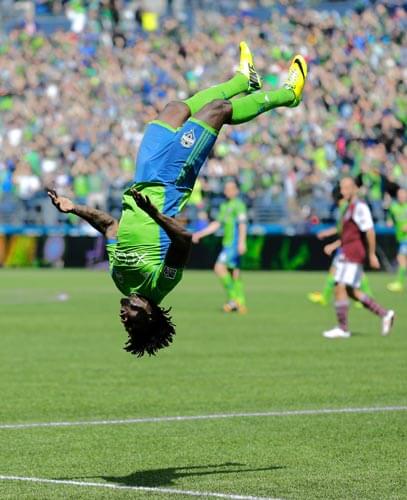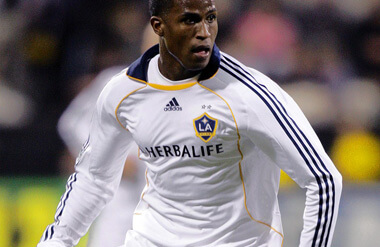About a month ago, Portuguese Cristiano Ronaldo, who plays for one of the most popular and richest clubs in the world, Real Madrid, won the 2013 FIFA Ballon d’Or as the world’s best soccer player in 2013, but there were some grumblings over the award. Ronaldo finished ahead of second-place Lionel Messi, the extremely popular Argentine who won the award the previous four years and plays for Madrid’s rival FC Barcelona, a club just as popular and arguably just as rich; he also finished ahead of third-place finisher and Frenchman Franck Ribéry of Germany’s Bayern Munich. The fuss, though, was not about Messi’s displacement of the award, but of Ribery’s third-place finish. Many in the soccer fraternity felt that Ribery should have won the award.
They felt that the Ballon d’Or, even tough it is an individual prize, should be award to the player whose achievements had the biggest impact on the club. Ribery led Bayern Munich to an historic season, sweeping the world’s most prestigious club awards, including the European Champions League title and the FIFA Club Championship, along with both major titles in Germany – the Bundesliga championship and the German Cup.
Clearly, Ribery’s effort helped to make his club, Bayern Munich, the best in the world in 2013. Many thought that Ribery should have at least finished ahead of Messi. So, here’s the question – is the criteria for the Ballon d’Or solely about individual achievements with no consideration as to how those achievements impact the team, or should it be the converse, where the achievements are juxtaposed with club’s achievements?
Many argued that Ronaldo (69 goals) outscored Messi (45) and Ribery (23) and helped his country qualify for the World Cup when he scored all four goals in a 4-2 win in a qualifier and deserves the award. Few argued the case of Messi, but much of the fuss was made on behalf of Ribery. Many fans and some journalists argued that Ribery’s output was accomplished in the tougher German Bundesliga, which, without doubt, is a more competitive and physical league than Spain’s La Liga; and that Ribery’s 22 assists (Ronaldo had 16 and Messi 14) shows is completeness as a player and hence more valuable to his team. After all, Bayern Munich reigns as the best club on earth mainly due to Ribery’s exploits.
There were those who concluded that Ronaldo, who won the award in 2008 and had come close the past four years when Messi won, simply deserved it this time, especially since injury kept Messi from being at his best.
But soccer is a team sport and a player’s overall achievements over a period must be considered within the context of the team and how it impacts the club. Teams are not operated to create individual achievements because if they were, they would fail financially and eventually fold. Finances are directly tied to a clubs overall success: appearance fees, tournaments wins, commercial sponsorship and local fans, who fill stadiums to see their team win.
If Ronaldo or any player scores consistently, but the team consistently loses, the fans will stop coming, commercial sponsorship will be hard to come by, club appearances would be scarce and the club would eventually falter. Real Madrid became famous in the 1950s, not because of their individual stars, but because it was the most successful team and won just about all the trophies in Europe during that period.
Teams are not created to develop stars; instead, players are developed to create successful teams!
In 2013, mainly because of Ribery’s exploits, Bayern Munich generated more prize monies and arguably the most revenue for the year than any other club on the planet – and by far outperformed all clubs.
Franck Ribery is my Ballon d’Or winner!
In other awards that night in Zurich a month ago, German goalkeeper Nadine Angerer was named Female Player of the Year and was the first at her position to win the award. She saved two penalties in the final over Norway to help Germany win the 2013 European Women’s Championship.
Jupp Heynckes, who led Bayern Munich to probably its finest season on the way to unprecedented winnings, and Silvia Neid, who coached German to the 2013 European championship, won the men’s and women’s coaches of the year awards. The great Brazilian, Pele, was presented with the inaugural Prix D’Honneur for his contributions to the sport. Swede Zlatan Ibrahimovic of PSG (Paris Saint Germaine) won the Puskas award for Goal of the Year.

AP Photo/Michael Probst


